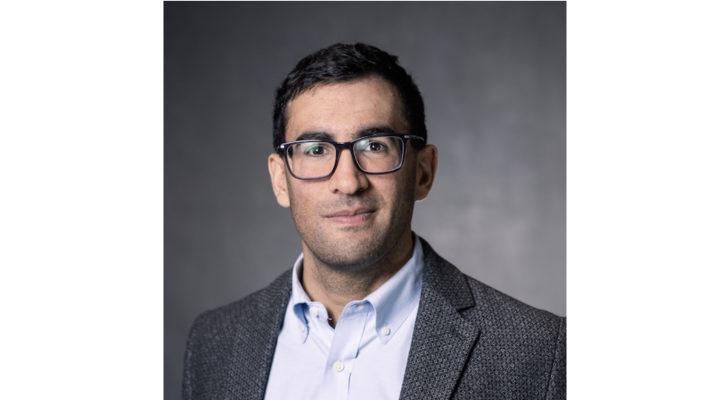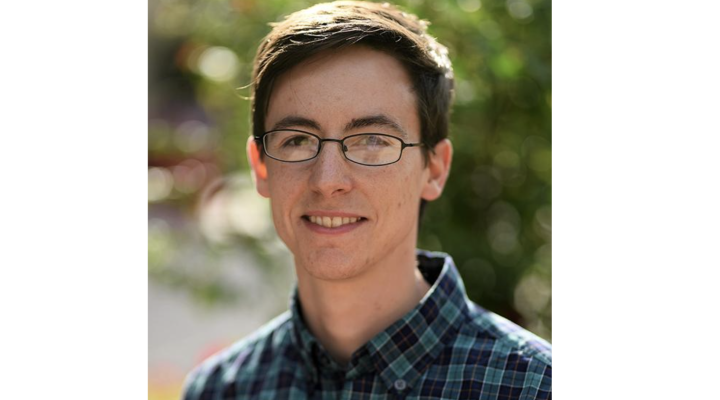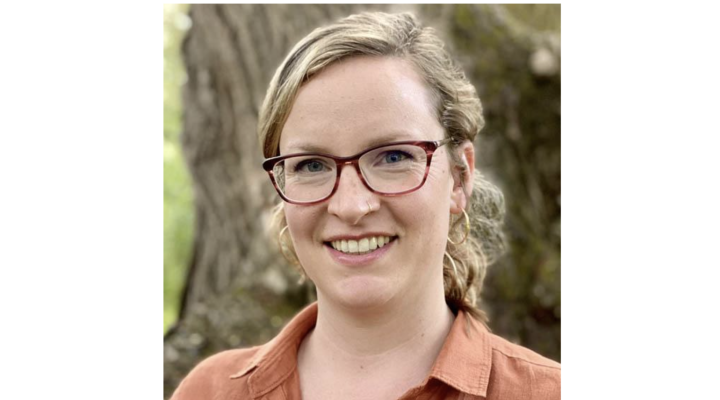Jingjie (J.J.) Yeo has joined the faculty of Cornell’s Sibley School of Mechanical and Aerospace Engineering (MAE) as an assistant professor. Yeo’s research focuses on interdisciplinary studies of material and biological phenomena by advancing multiscale, multi-physics computational methods and simulations. He aims to characterize and predict the mechanical, chemical, optical, and electrical structure-function relationships of polymers, bio-polymers, and bio-inspired materials of various morphologies.
Using additional techniques from machine learning and computational biology, Yeo investigates phenomena related to the human microbiome as a living material for engineering purposes.
Before coming to Cornell, Yeo was a research scientist at Singapore’s Institute of High Performance Computing, where he developed silk-based cosmeceuticals and collaborated with Procter & Gamble on molecular dynamics (MD) modeling of keratins and pigment cells. He also had post-doctoral positions at Tufts University and the Massachusetts Institute of Technology (MIT).
Long before any of these positions, Yeo was a young boy in Singapore who liked solving puzzles, building models, and playing with Gundam robots. At the age of twelve Yeo was streamed into the math/physics track at school and found that he excelled and very much enjoyed the subject matter. “I am a first-generation college graduate,” says Yeo. “Neither of my parents graduated from high school. They were both very supportive of me and let me choose the path I wanted to take.”
That path led Yeo to a B.E. in aerospace engineering and a Ph.D. in computational materials science and engineering. Both degrees were conferred by Nanyang Technological University (NTU) in Singapore. As Yeo was searching for an undergraduate institution, Nanyang established the first aerospace engineering program in Singapore. “That made my decision easy,” says Yeo. “During my undergraduate studies I met Professor Teng Yong Ng, who taught several of the materials-related courses at NTU. The clarity of his teaching inspired me.”
In his fourth year as an undergraduate, Yeo had an internship with the Singapore Institute of Manufacturing Technology (SIMTech), where he worked on a method to perform non-destructive testing of the skin of an airplane. “It was the first chance I had to see industry-oriented research and I liked it a lot,” says Yeo. Yeo then applied to SIMTech’s parent organization, Singapore’s Agency for Science, Technology, and Research (A*STAR), hoping to win funding for his doctoral studies.
His application was successful and he continued to work with Professor Teng Yong Ng, together with his co-supervisor from A*STAR, Professor Zishun Liu. Yeo’s doctoral work focused on computer simulation of graphene and silica aerogels. Together, Yeo, Liu, and Ng created a standardized method to create structural models and characterize thermal properties of silica aerogels. “Professor Ng was very good to work with,” says Yeo. “He would give me general directions and guidance, but he also gave me a lot of freedom to develop my own ideas.”
As noted above, upon graduating with his Ph.D., Yeo spent a total of three years at the Institute of High Performance Computing in Singapore and two-and-a-half years in post-doctoral positions at MIT and Tufts. While at MIT, Yeo was a Kaufman Teaching Fellow. “It was such a good experience for me,” says Yeo. “I learned so much about teaching. I realized that teaching is something that can learned and practiced—that a person can get better at teaching by working at it.” Yeo put into practice what he was learning in his role as a Co-Instructor at Station1, a non-profit organization with a scalable model of higher education based on inclusion and equity, learning through project-based inquiry, and integration of STEM content with societal perspective and impact.
With these many and varied experiences under his belt, Yeo is eager to apply it all at Cornell. “Cornell is quite unlike many of the universities I have seen,” says Yeo. “It is more supportive and collaborative and less competitive between faculty members. People in the department really want to help each other succeed. And it is also just so beautiful here.”
At Cornell, Yeo’s lab will focus on improving the prevention and treatment of diseases associated with aging and noncommunicable diseases, especially by developing soft, adaptive, and responsive biomaterials at a low cost for drugs or drug delivery vehicles with specific targeting mechanisms, environmentally sensitive implants for tissue engineering, or for dynamic health monitoring. “Through our research,” says Yeo, “we will propel the development of dynamically-responsive, living materials and design synthetic biological platforms for engineering and medical applications.”





